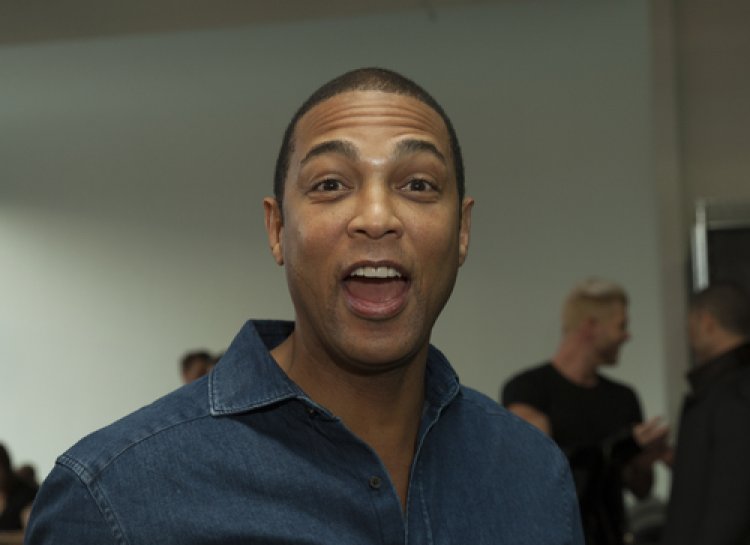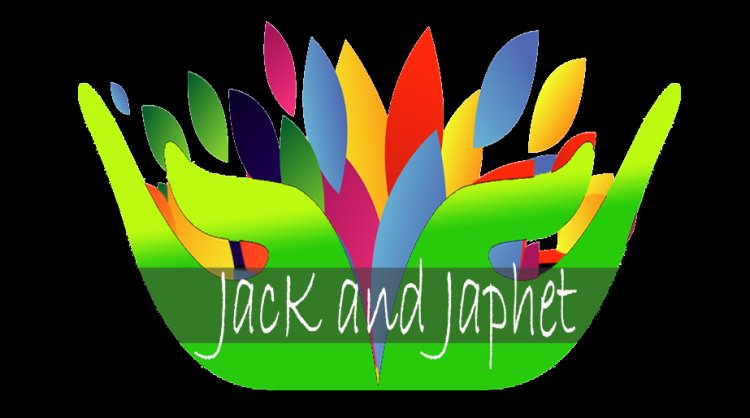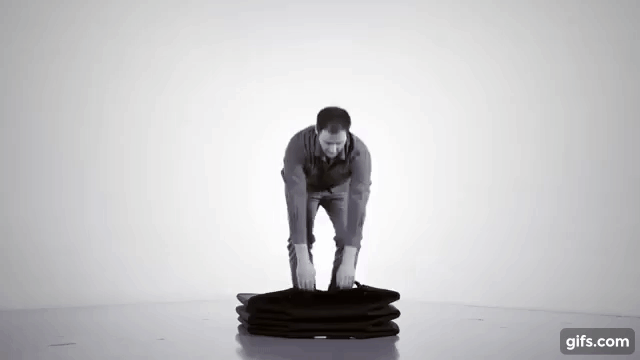Think Don Lemon Is Just Another CNN Clown? Look Closer And That Idea Becomes An Understatement
For this reason, the Society of Professional Journalists (SPJ) formulated a code of ethics that states, among other things, that journalists must be “fair”. Since the dictionary explains that the word “fair” means treating a group of people equally,” Lemon is factually incorrect that it is his “job” as a journalist to hold one group of people to a different standard than others. Quite the contrary, as SPJ’s Code of Ethics states, it is his job not to hold different groups to different standards.


“[P]ublic enlightenment is the forerunner of justice and the foundation of democracy. Ethical journalism strives to ensure the free exchange of information that is accurate, fair and thorough.” Society of Professional Journalists Code of Ethics
Don Lemon has decided that “journalists” can no longer treat Republicans and Democrats equally. Speaking to CNN’s New Day, Lemon, with the usual sanctimony, says,
We … want to give this false equivalence to Democrats and Republicans. That is not where we are right now. Republicans are doing something very dangerous to our society … We have to acknowledge that as Americans, we must acknowledge that as journalists because if we don’t, we are not doing our jobs.
Lemon added that the “freedom to “state [his] truth” and “stand up for what is right,” as a journalist on television, is “imperative.”
Although Lemon thinks it is the “journalists” “job” to determine the truth, he and other “journalists” are not equipped to do this. Since the truth includes economics and history. philosophy, morality, the law, the natural sciences, mathematics, sociology, anthropology, psychology, etc., since human motivations and situations can be very murky and obscure, and since Lemon himself only managed a Bachelor’s degree in journalism from Brooklyn College, he is not equipped to do so. This is not surprising because nobody, even those with much better credentials, is equipped to determine the truth.
Since all human beings, including even the greatest minds, are all limited and flawed, and since all human beings have the unfortunate “human all too human” tendency towards dogmatism, that is, to canonize their own prejudices as the gospel truth, human society made great advances when, first, people realized that the truth is most likely to emerge in a free and fair discussion, and, second, people formulated standards of journalistic ethics to make it harder for journalism to degenerate into partisan propaganda.
For this reason, the Society of Professional Journalists (SPJ) formulated a code of ethics that states, among other things, that journalists must be “fair”. Since the dictionary explains that the word “fair” means treating a group of people equally,” Lemon is factually incorrect that it is his “job” as a journalist to hold one group of people to a different standard than others. Quite the contrary, as SPJ’s Code of Ethics states, it is his job not to hold different groups to different standards.
Further, SJP’s Code of Ethics states that a journalist’s treatment should be “through”. The dictionary explains that a thorough report must be “complete” and that must have “nothing left out.” However, if a journalist treats one side more harshly than the other then they effectively leave out one side of the argument.
Lemon also violates the SJP’s Code of Ethics states that the journalist must ensure a “free exchange of information”. The exchange is not “free” when one side is more harshly treated.
Finally, Lemon insists on the “freedom” to state “his truth” as a journalist. Unfortunately, the notion of “my truth” or “his truth” destroys the notion of truth. The whole point in saying that something is true is that it is not just “my” or “his” or “her” truth. Although these kinds of word games may be amusing in Philosophy 101, the actual notion of truth involves the idea that the truth is something objective against which we measure our individual views. This is related to the fact that if Lemon only claims to state “his truth” then that is of no interest to anyone but himself. If, however, he had claimed to state “the truth” that would be another matter. Stating “my truth” is easy. Anyone can do it. Stating “the truth” is a tad more difficult and requires genuine intelligence. Those who fail to grasp this are unable to correct themselves and are, therefore, unable to learn, leading to self-satisfied dogmatism.
Lemon is also confused that he has a right to state “his truth”, that is, his opinions, as a journalist on television. Lemon does, as an American, have a right to state his views when on his own time. However, when he assumes the mantle of “journalist” he is under a set of professional obligations. Although Lemon may think his CNN “news” show is about him, it is not. His professional obligation as a “journalist” is to present the “news”, not himself.
In the 5th century B.C. Athens, Plato, in his Apology, describes how Socrates went on a search to find the wisest men in Athens. He did this because the priestess at the Delphic Oracle stated that Socrates is the wisest person in Athens. Rather than congratulate himself on his greatness, Socrates took this as a paradox because he did not see himself as wise. Rather, Socrates decided to question the alleged wise men in Athens, including the poets, politicians, and artisans, in an attempt to find someone wiser than himself and show that the Oracle was wrong. After long investigations, Socrates concluded that these alleged wise men generally did not know what they thought they knew.
He did find that the artisans knew something about their particular specialty, e.g., the boat builder knew about building boats, etc., but the artisans mistakenly inferred from the fact that they knew some particular specialty to the view that they knew many other fine things, for example, about morality and the good life for humanity. As a consequence, Socrates concluded that the reason the oracle said he was the wisest man in Athens is that whereas all the other alleged wise men thought they knew many fine things but did not actually know them, he, Socrates was wiser than they because he alone knew that he knew nothing: “The truth is … that God only is wise [and] human wisdom is worth little or nothing.”
Not much has changed since Socrates’ time. What passes for our “news” media is filled with people, most with light educational credentials, and many with a tendency to spend too much time looking in the mirror, claiming to know things they do not know and eager to read their own prejudices into reality. In general, the least capable people, seeing things as much simpler than they are, are the most dogmatic.
The fact that human beings are so liable to this misplaced overestimation of their own abilities is precisely what makes adherence to process, that is, adherence to objectively agreed standards essential. For, it is adherence to such objective standards that prevents the rise of partisan propagandists that are the real danger to journalism and democracy.
One would think that the fact that Lemon’s “journalistic” profession has got so much embarrassingly wrong about Trump and others over the past 6 years would have prevented him from endorsing such indefensible positions. On the other hand, those embarrassing failures might be precisely the motivation for his doing so.
CNN will now need to decide whether they support the SPJ Code of Ethics or not. If they do, they will need to explain this to Lemon and the others who believe they have somehow been anointed oracles. If not, CNN will need to explain to their viewers that they only purport to express “their own truth,” not the truth.
By Richard McDonough
Richard Michael McDonough, American philosophy educator. Achievements include production of original interpretation of Wittgenstein’s logical-metaphysical system, original application Kantian Copernican Revolution to philosophy of language; significant interdisciplinary work logic, linguistics, psychology & philosophy. Member Australasian Debating Federation (honorary life, adjudicator since 1991), Phi Kappa Phi. Richard is a regular contributor to The Blue State Conservative.
Enjoy HUGE savings at My Pillow with promo code BSC
The views and opinions expressed in this article are solely those of the author and do not necessarily represent those of The Blue State Conservative. The BSC is not responsible for, and does not verify the accuracy of, any information presented.
Notice: This article may contain commentary that reflects the author’s opinion.




















